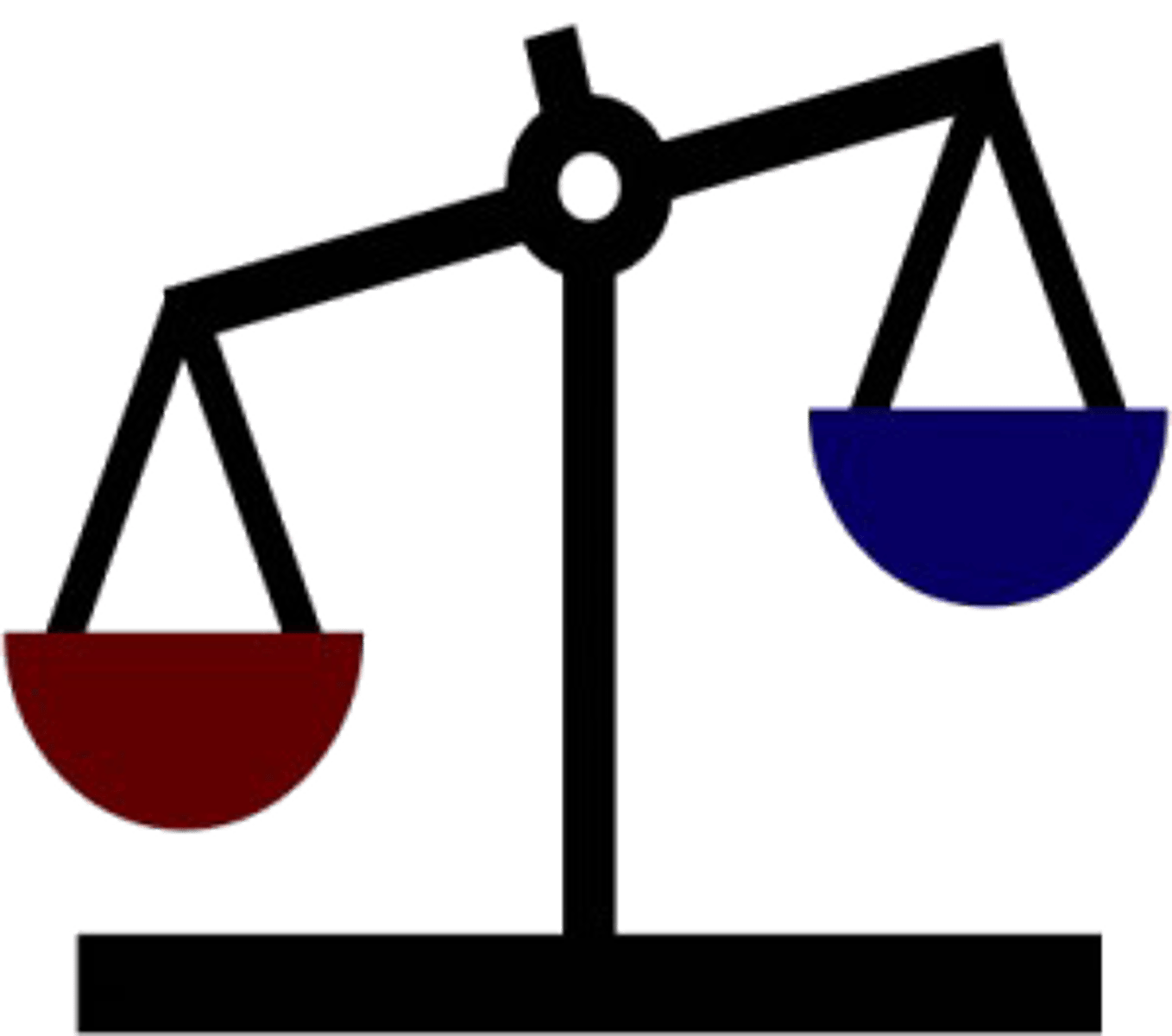ALL SAT VOCAB FROM PRACTICE TESTS
1/356
Earn XP
Description and Tags
Name | Mastery | Learn | Test | Matching | Spaced | Call with Kai |
|---|
No analytics yet
Send a link to your students to track their progress
357 Terms
conceit
(n) tính tự cao tự đại, tính kiêu ngạo
the state of being too proud of yourself and your actions
decry
(v) to criticize something as bad, without value, or unnecessary
e.g: Lawyers decried the imprisonment of several journalists.
comparable
(n) similar in size, amount, or quality to something else
breadth
(n) the fact of including many different things, features, subjects, or qualities
self-subsistent
(adj) subsisting independently of anything external to itself
e.g: that country was agronomically _____________ before industrialization
discrepancy
(n) a difference between two things that should be the same
e.g: A balance sheet review uncovered _____________ totalling €30 million.
fixate
(v) to think about something too much and find it difficult to stop
e.g: High achievers sometimes ________ on their own flaws.
virtuous
(adj) having good moral qualities and behaviour
e.g: He _______-them as virtuous and hard-working people.
notwithstanding
despite the fact or thing mentioned (mặc dù)
e.g: ________________ some members' objections, I think we must go ahead with the plan.
speculate
(v) to guess possible answers to a question when you do not have enough information to be certain

mend
(v) to repair something that is broken or damaged
preliminary
(adj) mở đầu, sơ bộ
coming before a more important action or event, especially introducing or preparing for it
e.g: __________ results show that the vaccine is effective, but this has to be confirmed by further medical trials.
appraise
(v) đánh giá
to examine someone or something in order to judge their or its qualities, success, or needs
e.g: At the end of each teaching practice, trainee teachers are asked to __________ their own performance.
throng
(v) đổ xô đến, chen chúc
to be or go somewhere in very large numbers:
e.g: Crowds _______ the market place.
(n) a large group of people
impart
(v) truyền đạt
to give a feeling or quality to something, or to make information known to someone
e.g: If the movie has any lesson to _________ , it's that parents shouldn't aim for perfection.

rhetoric
(n) thuật hùng biện, lời nói hoa mỹ rỗng tuếch
speech or writing intended to be effective and influence people:
e.g: How far the president will be able to translate his campaign ___________ into action remains to be seen.
instigate
(v) khởi xướng, xúi giục
to cause an event or situation to happen by your actions:
e.g: Changes in the orientation program were ________ by the new director.
assume
(v) đảm nhận, gách vác (trách nhiệm, vai trò, chức vụ)
to take or begin to have responsibility or control, sometimes without the right to do so, or to begin to have a characteristic:
e.g: If you leave your belongings here, we cannot _____________ responsibility for what happens to them.
Assume
(v) cho rằng, thừa nhận
to accept something to be true without question or proof:
e.g: I ___________ (that) you knew each other because you went to the same school.
(v) làm ra vẻ, giả bộ
to pretend to have a different name or be someone you are not, or to express a feeling falsely
e.g: During the investigation, two detectives __________ the identities of antiques dealers.
presuppose
(v) Giả định trước, coi như là đúng trước khi bắt đầu; hàm ý là... cần phải đúng để điều khác có thể xảy ra.
-to think that something is true in advance without having any proof, or to consider that something is necessarily true if something else is true:
e.g: Effective communication ____________ a shared understanding of language.
impose
(v) áp đặt (luật, thuế, ý kiến, niềm tin,...)
to force someone to accept something, especially a belief or way of living
e.g: I don't want them to ___________their religious beliefs on my children.
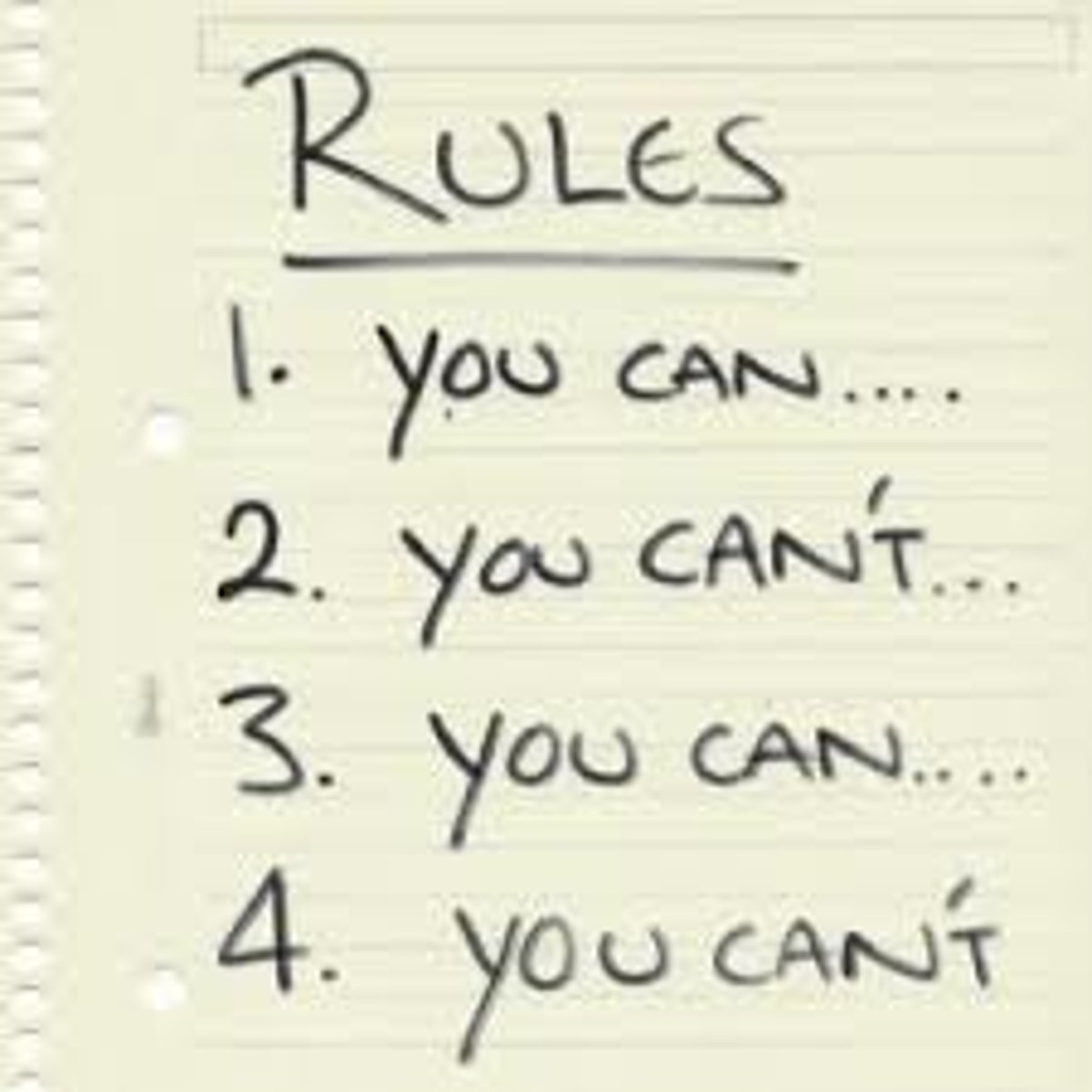
Impose
(v) làm phiền, lợi dụng
to expect someone to do something for you or spend time with you when they do not want to or when it is not convenient for them
e.g: -Are you sure it's all right for me to come tonight? I don't want to ___________.
-Everyone __________ on Dave's good nature.

ridicule
(n, v) nhạo báng, chế nhạo
to laugh at someone in an unkind way
e.g: She rarely spoke her mind out of fear of being _______________.
cast-iron
(adj) very strong or certain; that cannot be broken or fail
e.g: He has a ___________ alibi (chứng cứ ngoại phạm).
(n) gang

untenable
(adj) không thể biện hộ được, không thể duy trì được
(of a theory, position, etc.) that cannot be defended against attack or criticism
e.g: His position had become __________ and he was forced to resign.
overtake
(v) to go past something by being a greater amount or degree (vượt)
e.g: Our US sales have now ___________ our sales in Europe.
Overtake
(v) to happen to a person or a place suddenly and unexpectedly (xảy ra bất thình lình - bị động)
e.g: The family was ____________ by tragedy several years ago, and they still haven't recovered.
designate
(v) chỉ định, bổ nhiệm
to choose someone officially to do a particular job
e.g: Thompson has been ___________ as team captain.
Designate
(v) to say officially that a place or thing has a particular quality or purpose
e.g: This area of the park has been specially __________ for children.
spatial
(adj) (thuộc về) không gian
relating to the position, area, and size of things
e.g: This task is designed to test children's spatial awareness.
orientation
(n) sự định hướng
the particular things that a person prefers, believes, thinks, or usually does:
e.g: We employ people without regard to their _____________ orientation.
pinpoint
(v) xác định chính xác, xác định vị trí chính xác
to discover or describe the exact facts about something
e.g: Emergency workers at the site are still unable to ________________ the cause of the explosion.
contract
(v) thu nhỏ lại, co lại
to make or become shorter or narrower or generally smaller in size:
e.g: Reseachers have struggled to pinpoint specific causes for hiccups, which happen when a person's diaphragm _______________ involuntarily.
dormant
(adj) tiềm ẩn, ngủ yên, không hoạt động
(of things) not active or growing, but having the ability to be active at a later time:
e.g: Authorities reopened a ____________ investigation of the company.

indecipherable
(adj) không thể đọc được, không thể hiểu được
unable to be read or understood
e.g: Her handwriting is virtually ______________.
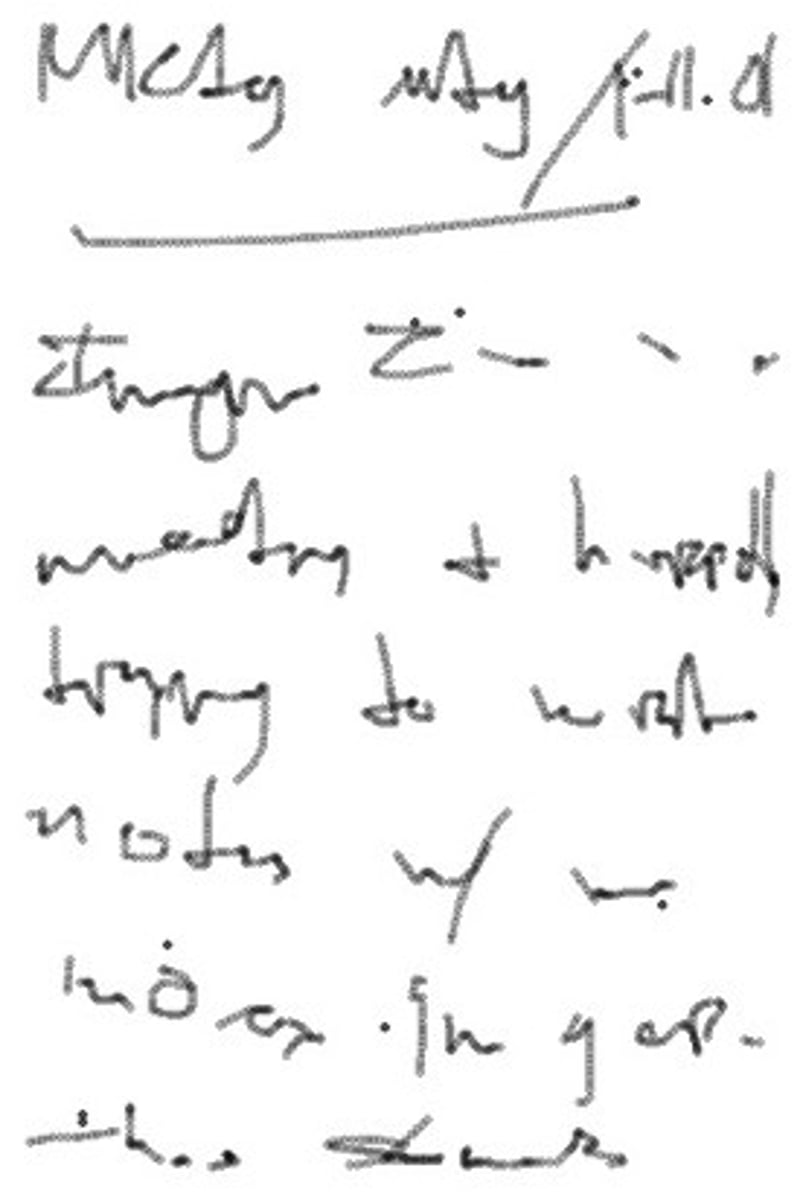
startle
(adj) làm giật mình
to surprise a person or animal:
e.g: She __________ him when she said hello.
exult
(v) vui mừng, hả hê (trước thành công của mình hoặc thất bại của người khác)
to express great pleasure or happiness, esp. at your success or at someone else's failure
e.g: She _____________ at the news of her promotion.

more or less
(ídiom) gần như, hầu như, xấp xỉ
almost, mostly, approximately
e.g: The project was ____________ a success.
replicable
(adj) có thể lặp lại được, có thể tái tạo lại
that can be done in exactly the same way as before, or produced again to be exactly the same as before
e.g: It is always stressed that scientific results must be ______________ in order to be valid.
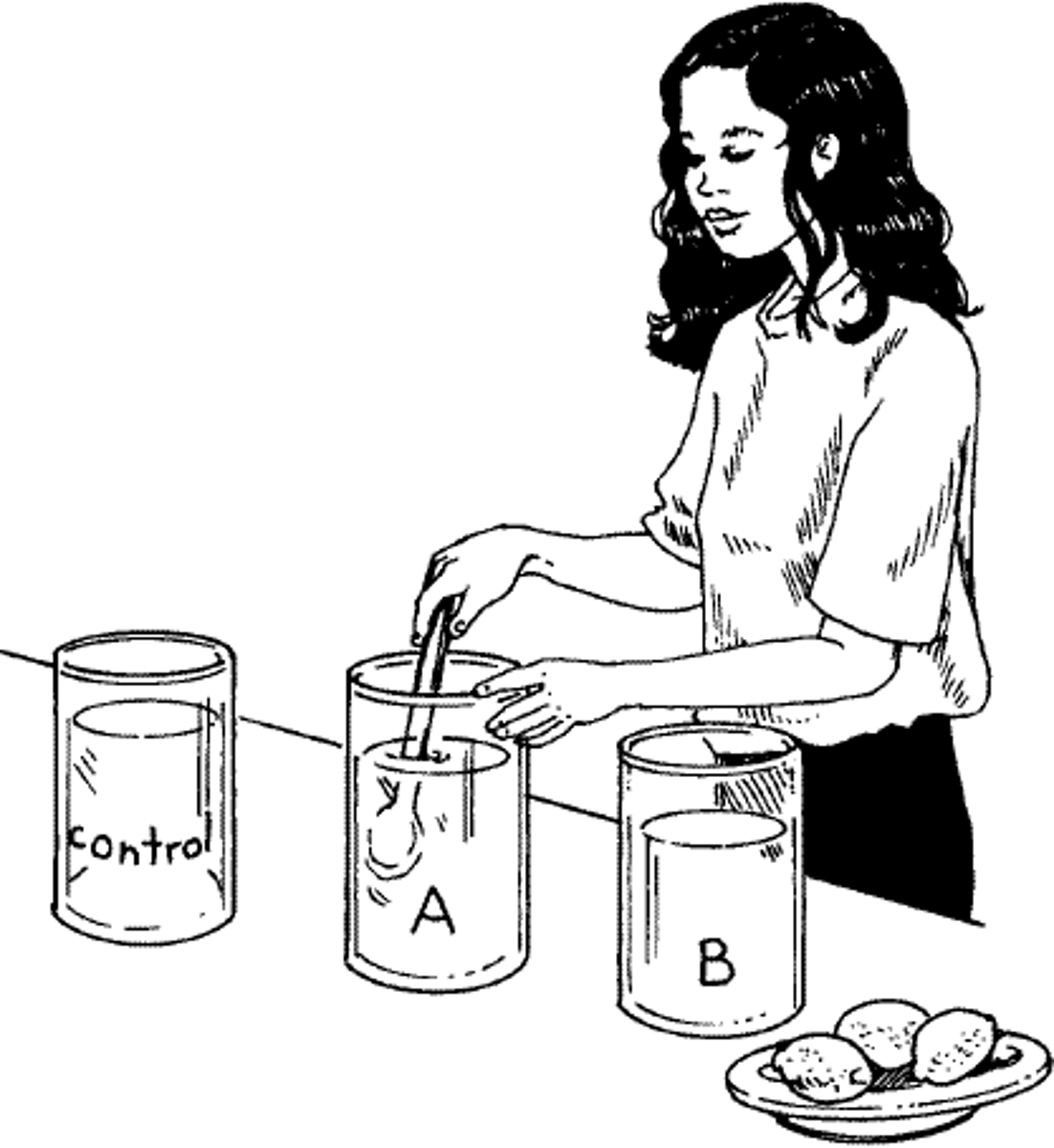
operative
(adj) có hiệu lực, được sử dụng
working or being used
e.g: The agreement will not become ____________ until all members have signed.
(n) mật vụ, gián điệp, thợ

latent
(adj) ngấm ngầm, tiềm ẩn
present but needing particular conditions to become active, obvious, or completely developed
e.g: Recent developments in the area have brought ___________ ethnic tension out into the open.
peripheral
(adj) ngoại vi, không quan trọng bằng
not central or of main importance
e.g: Because A's location within the empire was so __________, cacao and other trade produced there cound reach the capital only after a long overland journey.
Discretion
(n) quyền tự quyết, sự tự do định đoạt
the right or ability to decide something:
e.g: Students can be expelled at the ____________ of the principal
ambiguity
(n) sự mơ hồ, sự không rõ ràng (điều gì đó có thể hiểu theo nhiều cách khác nhau)
a situation in which something has more than one possible meaning and may therefore cause confusion
e.g: There is some _________ in the wording of the contract.
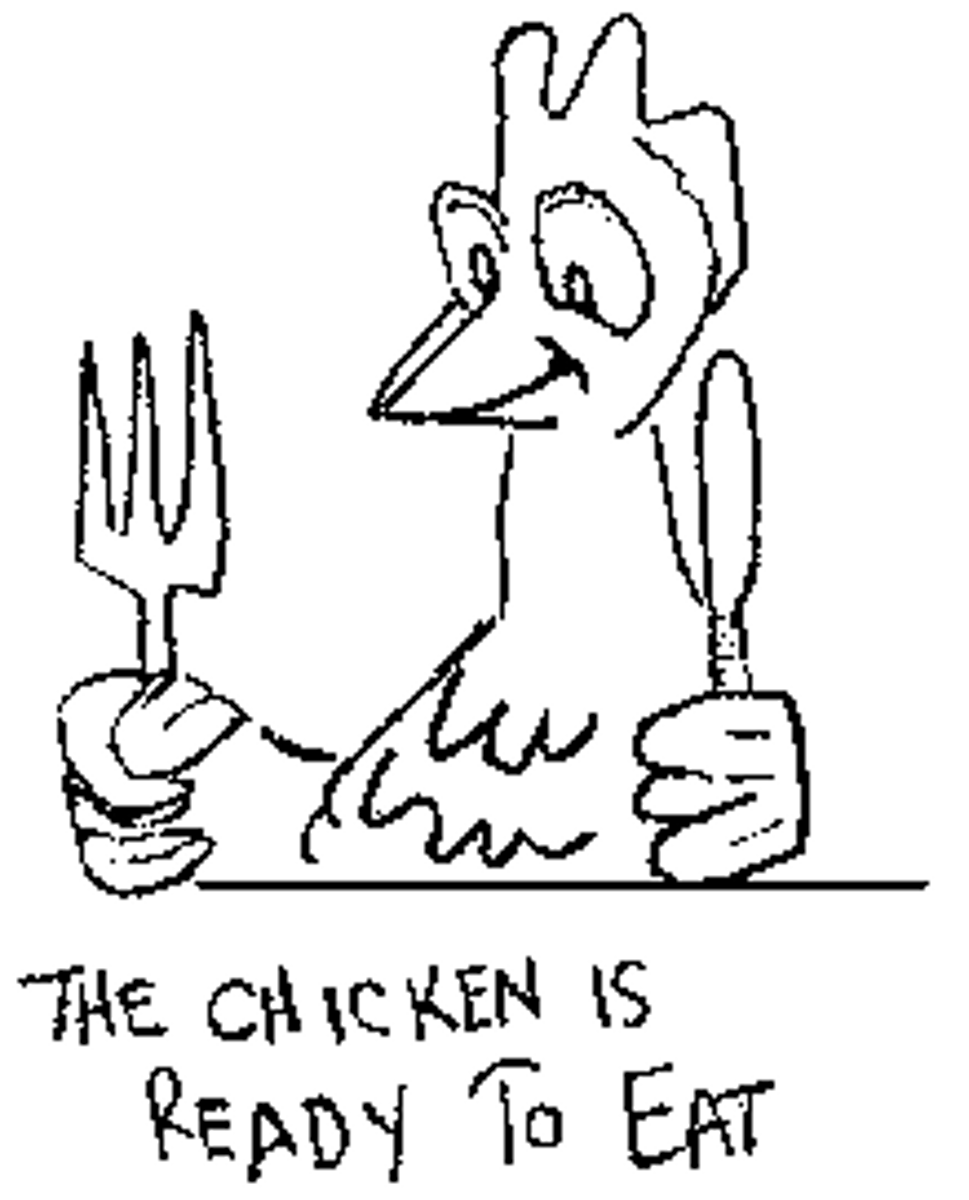
Probability
(n) xác xuất, khả năng xảy ra
the level of possibility of something happening or being true
e.g: The ____________ of getting all the answers correct is about one in ten.
as such
đúng nghĩa
in the true or exact meaning of the word or phrase
e.g: We don't have a secretary ____________, but we do have a student who comes in to do some filing.
that said
dù vậy, tuy nhiên, mặc dù đã nói như vậy
despite what has just been said:
e.g: He's not very experienced. _____________, he learns quickly.
repudiation
(n) sự phủ nhận, sự bác bỏ
the act of refusing to accept something or someone as true, good, or reasonable
e.g: They were surprised by his sudden __________ of all his former beliefs.
lambaste
(v) to criticize someone or something severely
e.g: His first novel was ______________ by the critics.

draw parallels between
(idm) to indicate ways in which two distinct things are similar
e.g: The essay ___________ ____________ ___________the lives of the two presidents.
inviolable
(adj) bất khả xâm phạm
that must be respected and not removed or ignored
e.g: Everyone has an ____________ right to protection by a fair legal system.
agency
(n) the ability to take action or to choose what action to take
e.g: The protest gave us a sense of _____________, a sense of our own power to make a difference.
To this end
(phrase) in order to achieve this aim
e.g: She is trying to improve the texture of her hair. _________, she has started to use a special conditioner.
granted
~admittedly (nhượng bộ)
phải thừa nhận rằng..., đúng là... (thường đi kèm but)
used to admit that something is true, before saying something else about it
e.g: ___________, he's not perfect, but he's trying his best.
ascertain
(v) xác minh
to discover a fact; to make certain of something:
e.g: I _____________ that no one could overhear us before I told Otto the news.
anomalous
(adj) different from what is normal or expected
e.g: They couldn't find an explanation for the seemingly ___________ results of the experiment.
perspicuous
(adj) clear and easy to understand:
e.g: This theory provides a simpler and more ____________ explanation than its rival.
nascent
(adj) only recently formed or started, but likely to grow larger quickly:
e.g: A _____________ technology that could change the world.
recalcitrant
(adj) (of a person) unwilling to obey orders or to do what should be done, or (of an animal) refusing to be controlled
e.g: The government cracked down on recalcitrant tax evaders (người trốn thuế).
sanguine
(adj) (of someone or someone's character) positive and hoping for good things (lạc quan)
e.g: Some people expect the economy to continue to improve, but others are less __________.
invariably
(adv) always
e.g: The train is __________ late.
fittingly
(adv) in a way that is suitable or right for a particular situation or occasion
e.g: ____________, the concert ended with their most famous song.
arduous
(adj) khó khăn, đòi hỏi nhiều nỗ lực và năng lượng
difficult, needing a lot of effort and energy
e.g: Climbing the mountain was an __________ task.
contentious
(adj) gây tranh cãi
causing , involving, or likely to cause disagreement and argument:
e.g; She has some very ___________ views on education.
ineffectual
(adj) không hiệu quả, không thể tạo ra kết quả tốt
not skilled at achieving, or not able to produce, good results
e.g: The medication was ____________ in treating his condition.
stirring
(adj) đầy cảm xúc, xúc động
causing strong feelings; exciting
e.g: Those who have had the rare privilege of reading her _________ biography, will, I am sure, bear me out in this statement.
in doing so
(phrase) because of this action
e.g: In one sense you are helping her, but____________ you are also preventing her from helping herself.
summation
(n) sự tổng kết, phần kết luận
something that represents a complete account or impression of what someone or something is like:
e.g: The scene where the two characters dance is the perfect _______________ of the love and desire between them.
(n) phép cộng tổng
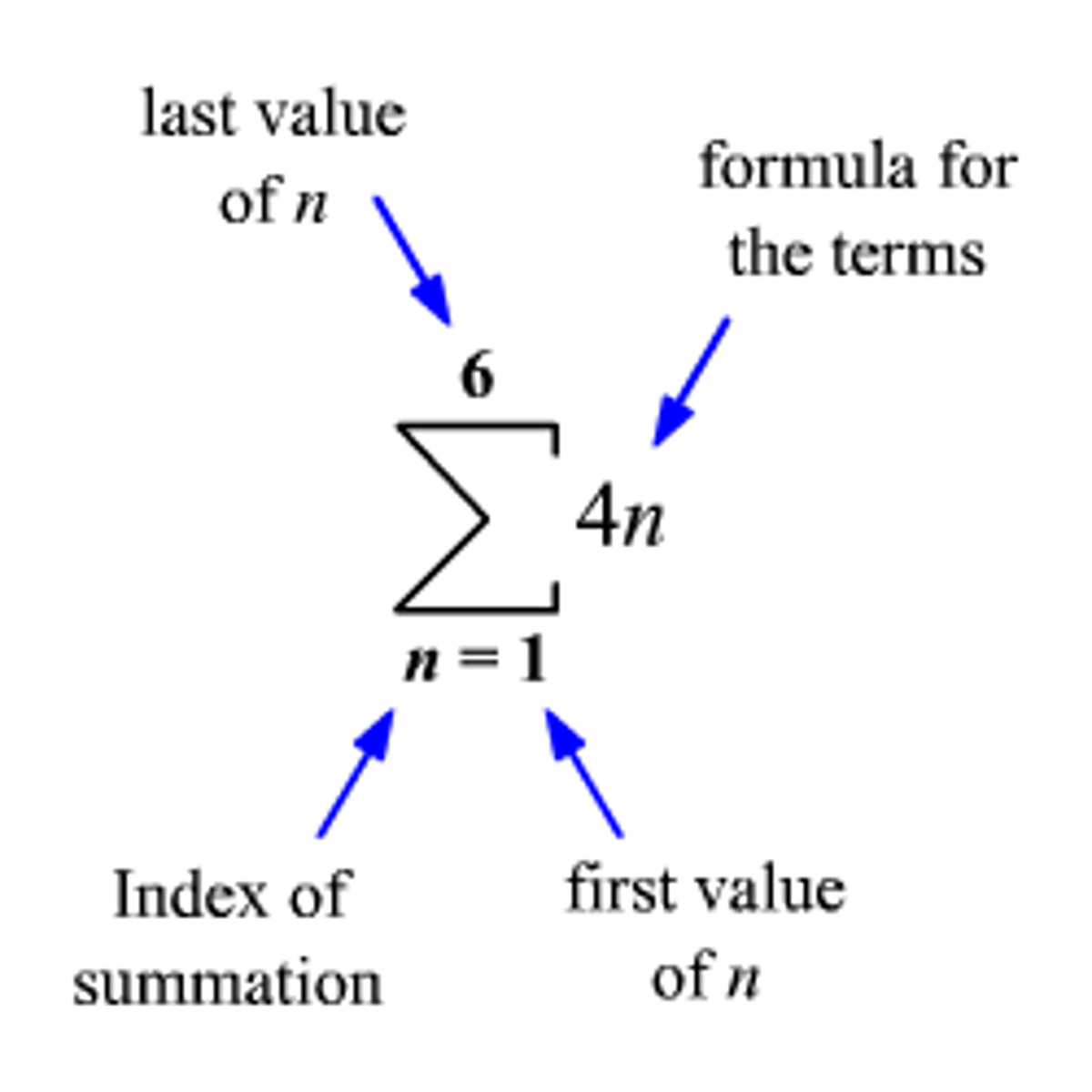
conjecture
(n) sự phỏng đoán, sự suy đoán
a guess about something based on how it seems and not on proof
e.g: There's been a lot of _____________ in the media recently about the marriage.
counterfactual
(adj) giả định trái sự thật
thinking about what did not happen but could have happened, or relating to this kind of thinking
e.g: Thoughts about how an embarrassing event might have turned out differently are known to psychologists as _________________ thinking.
analogy
(n) so sánh sự tương đồng giữ hai vật
a comparison between things that have similar features, often used to help explain a principle or idea
e.g: He drew an __________ between the brain and a vast computer.
associative
(adj) liên tưởng
connected in your mind with someone or something, or involving making such connections
e.g: This study focused on _____________ learning between foreign language words and their native language equivalents.
uphill
(adj, adv) lên dốc
leading to a higher place on a slope
e.g: As we started driving ____________, the car made a strange noise.

Uphill
(adj) khó khăn, gian nan, vất vả
needing a large amount of effort
e.g: It'll be an __________ struggle/battle/fight to get the new proposals accepted.
predate
(v) có trước, xảy ra trước
to have existed or happened before another thing
e.g: These cave paintings _____________ any others which are known.
abstruse
(adj) khó hiểu
not known or understood by many people
e.g: Come, then, take care that, whenever I propound any clever dogma about ______________ matters, you [seize] immediately.
UNWARRANTED
(adj) không có lí do xác đáng
lacking a good reason; unnecessary
e.g: They denounced the investigation as an ____________ interference with their business.
at most
not more than (bé hơn hoặc bằng)
used when saying what is the largest possible amount or number

rectify
(v) sửa, điểu chỉnh cho đúng
to correct something or make something right
e.g: Every effort is made to __________ any errors/mistakes before the book is printed.
demarcate
(v) phân ranh giới, phân định
to show the limits of something:
e.g: The migration's obligate nature is why diadromous fish can be ______ from those that are merely euryhaline (able to tolerate high salinity)
conflate
(v) kết hợp làm một
to combine two or more separate things, especially pieces of text, to form a whole
e.g: She __________ the three plays to produce a fresh new work.
reconstitute
(v) re- (lại) + constitute (thành lập/tạo ra) → tạo lại hoặc khôi phục lại.
e.g: The Health Education Council has been ____________ as the Health Education Authority.
slant height
(n) đường cao mặt bên
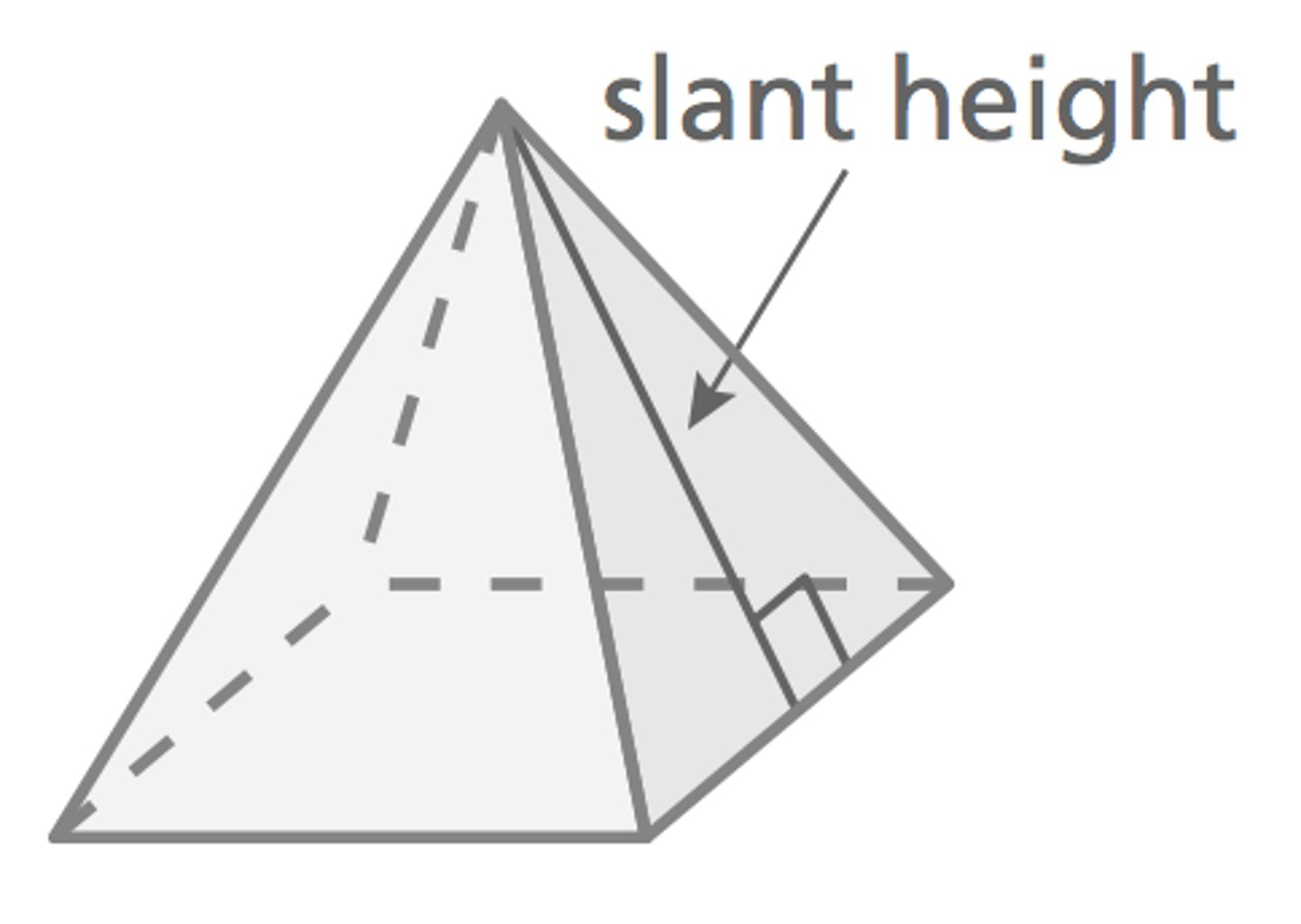
desultory
(adj) rời rạc, không có kế hoạch, thiếu hứng thú
without a clear plan or purpose and showing little effort or interest
e.g: She made a ____________ attempt at conversation.

veritable
(adj) thực sự (thường đi trước một danh từ để tăng sức nhấn mạnh)
(used to emphasize how great or unusual something is by comparing it to something else):
e.g: If current projections hold, Montgomery County will experience a ___________ explosion in its school-age population (= it will have many more students).
turbulent
(adj) hỗn loạn, bất ổn, dữ dội
full of confusion; lacking order
e.g: His book discusses the __________ years of the civil rights struggle.
hallmark
(n) dấu hiệu, đặc điểm đặc trưng
a typical characteristic or feature of a person or thing
e.g: It has all the ____________ of a successful movie.
elicit
(v) gợi ra, khiến cho ai đó nói ra hoặc bộc lộ điều gì đó (thường là thông tin, cảm xúc hoặc phản ứng)
to get or produce something, especially information or a reaction
e.g: The questionnaire was intended to _______________ information on eating habits.
offset
(v) bù đắp, cân bằng lại
to balance one influence against an opposing influence, so that there is no great difference as a result
e.g: The extra cost of travelling to work is ____________ by the lower price of houses here.
perspicacity
(n) sự sáng suốt, khả năng nhìn nhận và hiểu vấn đề một cách sâu sắc và nhanh nhạy
the ability to understand things quickly and make accurate judgments
e.g: Her _______________ in understanding complex situations made her an invaluable advisor.
prolixity
(n) sự dài dòng, rườm rà (dùng quá nhiều từ không cần thiết làm cho khó hiểu hoặc nhàm chán)
the fact of using too many words and therefore being boring or difficult to read or listen to
e.g: Despite all its absurd _____________ , this is one of the great books in the English language.
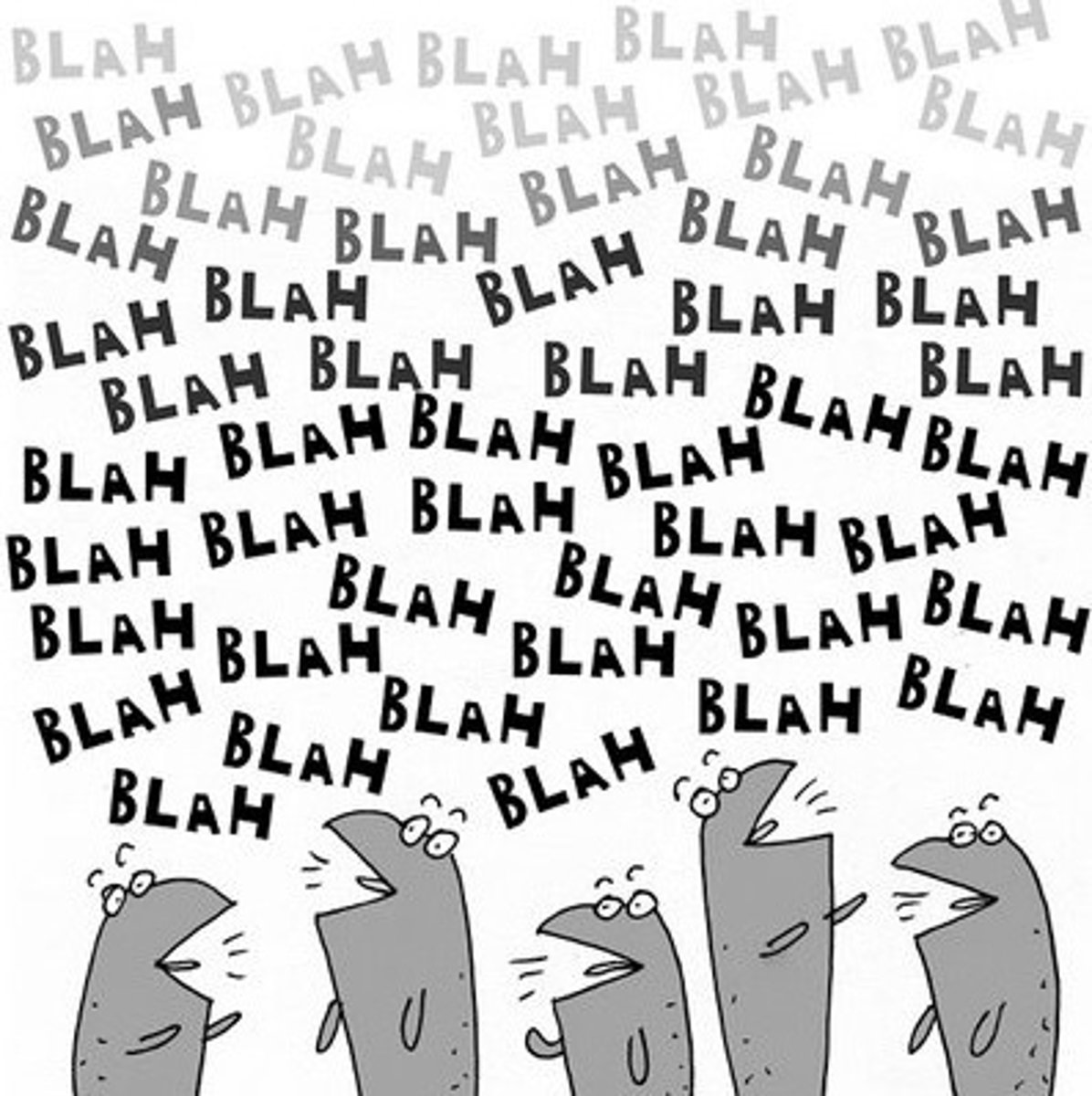
verisimilitude
(n) tính chân thực
the quality of seeming true or of having the appearance of being real
e.g: She has included photographs in the book to lend ______________ to the story.
magniloquent
(adj) (disapproving) A ______________ style or way of using language is complicated, especially in order to make someone or something seem intelligent or important
e.g: Good writing is never very good if it is ____________, pretentious, or affected.
affected
(adj) giả tạo, không chân thật
artificial and not sincere
e.g: He spoke with an ______________ British accent.
eloquence
(n) tài hùng biện, sự truyền tải thông điệp rõ ràng, mạnh mẽ
the quality of delivering a clear, strong message
e.g: She always spoke with passion and ____________.

defamatory
(adj) mang tính phỉ báng, vu khống, bôi nhọ danh dự người khác (thường sai sự thật)
damaging the reputation of a person or group by saying or writing bad things about them that are not true
e.g: She sued the newspaper for publishing a __________ article about her.
innuendo
(n) lời nói bóng gió (nghĩa xấu)
e.g: Despite its superficial air of objectivity, the journalist's exposé was laced with subtle ____________—deliberately chosen language that, while not overtly defamatory, insidiously shaped the reader's perception through implication and tonal suggestion.

insidious
(adj) âm thầm gây hỏi, hiểm họa từ từ
(of something unpleasant or dangerous) gradually and secretly causing harm:
e.g: High blood pressure is an _____________ condition which has few symptoms.
tendentious
(adj) có xu hướng thiên vị, nghiêng về một quan điểm
(of speech or writing) expressing or supporting a particular opinion that many other people disagree with
e.g: The article was criticized for being ____________ and ignoring opposing views.
